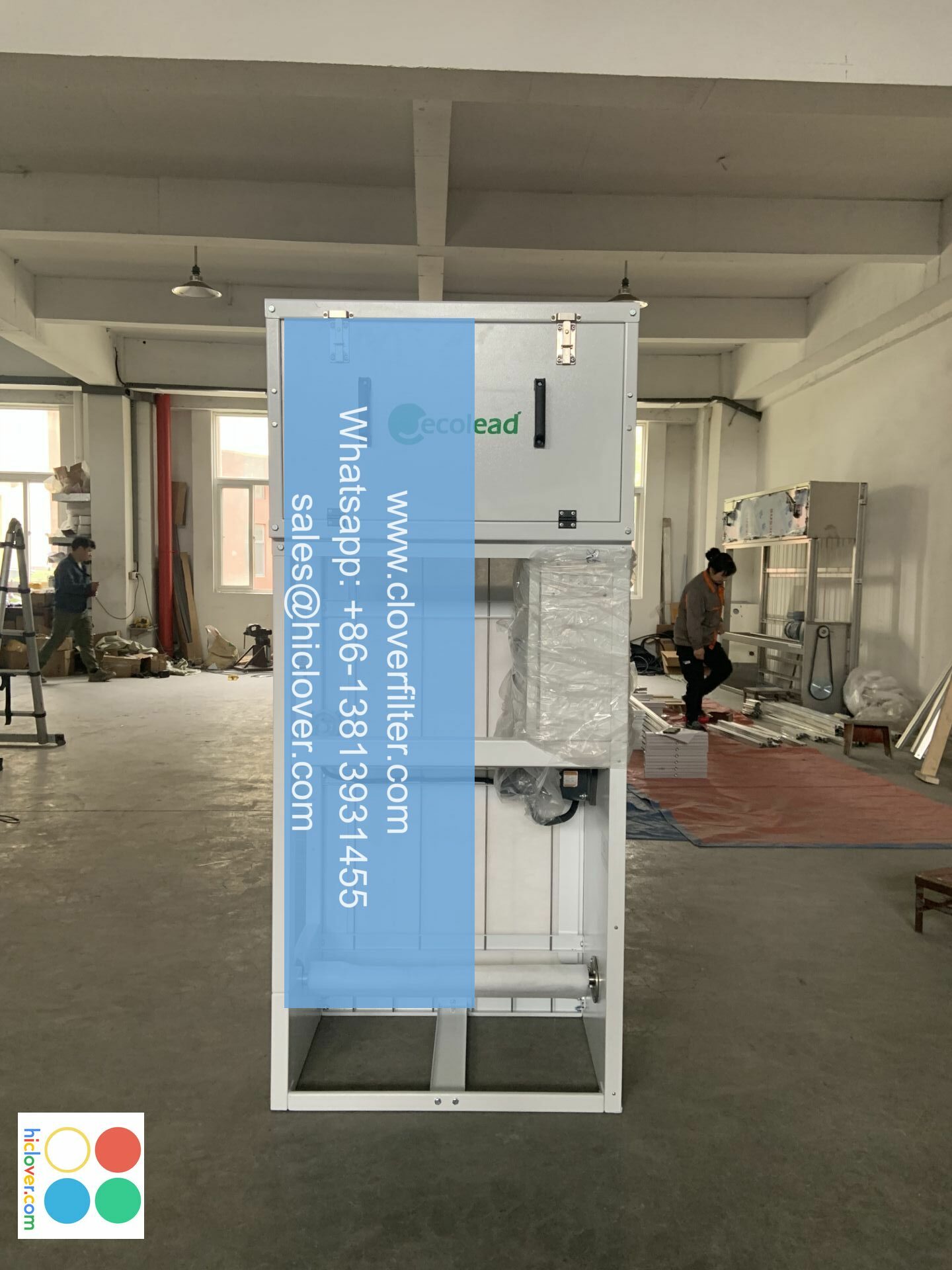What’s the Difference Between an Air Filter and Air Purifier?

As the world becomes increasingly aware of the importance of indoor air quality and air pollution control, two terms that are often used interchangeably but have distinct meanings are air filter and air purifier. In this article, we will delve into the differences between these two devices, exploring their application areas, filtering technologies, and benefits to help you make an informed decision for your indoor air quality needs.
What is an Air Filter?
An air filter is a device designed to remove particulate matter and contaminants from the air, improving the overall air quality in a given space. Air filters are commonly used in heating, ventilation, and air conditioning (HVAC) systems to protect the system from dust, dirt, and other debris that can damage the equipment and reduce its efficiency. They can also be used as standalone units to capture allergens, pet dander, and pollen, making them a popular choice for allergy sufferers and pet owners.
What is an Air Purifier?
An air purifier, on the other hand, is a device that uses advanced filtering technologies to remove a wide range of air pollutants, including gases, odors, and volatile organic compounds (VOCs). Air purifiers are designed to provide a higher level of air cleaning and are often used in commercial and industrial settings where air pollution control is critical. They can also be used in residential settings to remove secondhand smoke, cooking odors, and pet smells.
Key Differences Between Air Filters and Air Purifiers
While both air filters and air purifiers are designed to improve indoor air quality, there are some key differences between the two:
* Filtering technology: Air filters typically use a mechanical filter to capture particulate matter, while air purifiers use a combination of filtering technologies, including activated carbon, UV light, and ionization.
* Application areas: Air filters are commonly used in HVAC systems and as standalone units for allergy relief, while air purifiers are used in a wider range of commercial and industrial settings where air pollution control is critical.
* Benefits: Air filters can provide allergy relief and protect HVAC systems from damage, while air purifiers can provide a higher level of air cleaning and remove a wider range of air pollutants.
Highlighting Various Application Areas
Both air filters and air purifiers have a wide range of application areas, including:
* Residential settings: Air filters and air purifiers can be used in homes to improve indoor air quality and provide allergy relief.
* Commercial settings: Air purifiers are often used in offices, restaurants, and hotels to remove odors and air pollutants.
* Industrial settings: Air purifiers are used in manufacturing facilities and warehouses to remove hazardous chemicals and air pollutants.
* Healthcare settings: Air purifiers are used in
In conclusion, while both air filters and air purifiers are designed to improve indoor air quality, they have distinct differences in terms of filtering technology, application areas, and benefits. By understanding these differences, you can make an informed decision about which device is best suited for your indoor air quality needs. You haven’t asked a question or provided any context. What would you like to talk about or ask? I’ll do my best to provide a direct and uncensored response.

